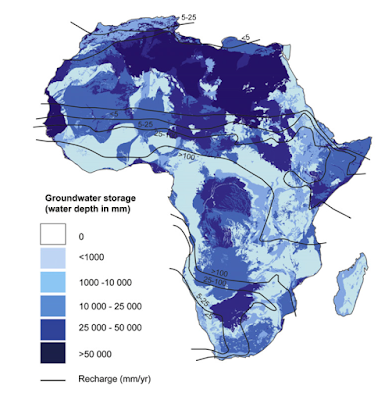Final Thoughts
Sadly, this will be my final post on Water and Food in Africa! I have learnt a lot about the issues facing the continent, but also I've found how these are being overcome. I think it is clear for anyone to see how Africa has and continues to be affected by its horrific colonial history. These must be considered when discussing anything to do with the continent's development- not only in terms of water and food issues. I feel as though I tried to account for this throughout my posts and I hope I managed to not put out an outdated rhetoric that Sub-Saharan Africa is a homogenous continent in 'need' of Western aid. Not to say that this should be applauded, in fact it should really be commonplace. It is quite simple to achieve this, but constant media brainwashing that Africa is a continent to be pitied can result in many from the Global South becoming 'White Saviours'. This is something that needs to be changed and I do believe is changing, however a lot is still...
